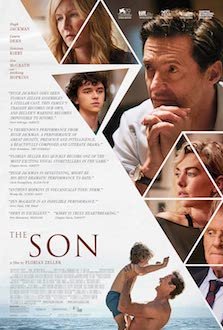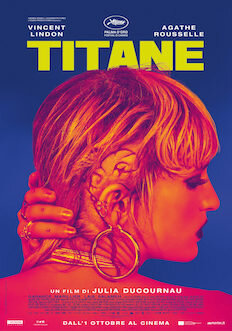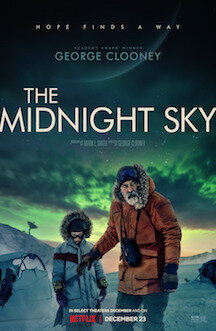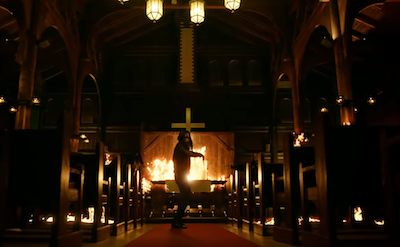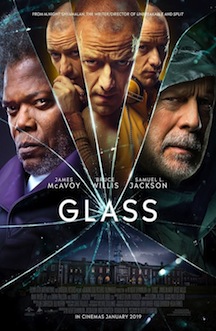Direction: Christy Hall
Country: USA
Christy Hall's feature debut, Daddio, is a lackluster two-character drama that desperately seeks attention but fails to capture any. Set during a long cab ride from JFK airport to midtown Manhattan, the film—originally conceived as a stage play—stars Sean Penn as a chatty, self-important cab driver and Dakota Johnson as his passenger, a seemingly confident yet emotionally fragile woman returning to New York after visiting her estranged half-sister in Oklahoma.
Visually dull and conversationally uninspired, Daddio lacks depth, maturity, and emotional resonance. The dialogue, filled with shallow confessions, unearned conclusions, and awkward laughs, does little to develop the characters beyond superficial traits. Penn's occasional watery eyes never feel authentic, and it's hard to believe Johnson's forced nonchalance and sudden curiosity about a stranger who seems to read and understand her.
At its core, Daddio is void of any spark or substance. The film trudges along without ever offering anything fresh or meaningful, leaving the audience to wonder: why should we care? It feels like watching paint dry—only less captivating.











